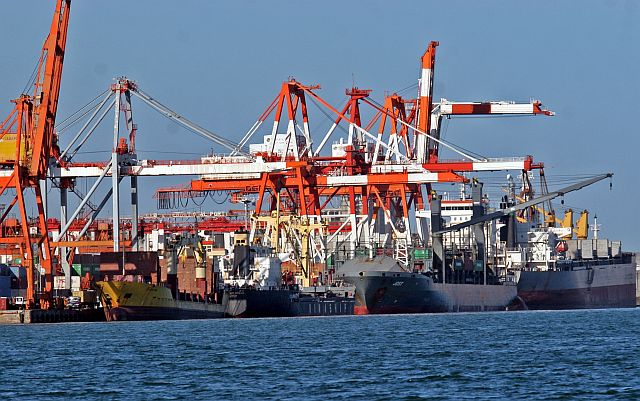CEBU CITY, Philippines – The Department of Energy in Central Visayas (DOE-7) will be meeting with maritime law enforcers to help them track down illegal traders of petroleum products in the region.
This developed after a letter sent by a group of concerned citizens from Bohol revealed that sea vessels transport loaded fuel tankers from Cebu to Bohol together with other cargoes.
Cebu Daily News Digital obtained a copy of the letter, which was received by the Office of the Ombudsman in the Visayas last February 13, 2019.
The letter was addressed to the Ombudsman, the Central Visayas offices of DOE, the Philippine Coast Guard (PCG-7), and the Maritime Industry Authority (Marina-7).
“It has been observed that loaded fuel tankers have been transported to the province of Bohol from Cebu through cargo ships or vessels also carrying different cargoes or cargo trucks,” the letter said.
“It is not amiss to state that loaded fuel tankers are classified as Dangerous Goods and pose a higher risk than other cargoes,” it added.
A letter sent by a group of concerned citizens from Bohol revealed that sea vessels transport loaded fuel tankers from Cebu to Bohol together with other cargoes. | CONTRIBUTED PHOTO
Lawyer Mark Gamallo, legal officer of DOE-7, told CDN Digital in a phone interview that they will be conducting a meeting with PCG-7 and Marina-7, and the Cebu Ports Authority (CPA) to address the issue.
“We will be asking them (PCG, MARINA, and CPA) to reinforce these measures (that prevent fuel tankers from being shipped with other cargoes). We will be scheduling a meeting with them anytime this week to look into it,” said Gamallo.
He also said that among their possible agenda in the meeting is to track down illegal petroleum traders.
Gamallo added that illegal petroleum traders usually ship their products without being registered with the DOE, which in effect is a violation of Presidential Decree No. 1865 that regulates the distribution, production, and selling of petroleum products across the country.
“Usually, illegal petroleum traders ship petroleum products with other cargoes in a ship. It’s dangerous because you’re transporting flammable goods with petroleum products. It may ignite,” he said.
Gamallo said oil companies should first acquire permits and have their fuel tankers registered by the DOE before they could transport their petroleum products.
“If you don’t have the permits, and cannot show documents pertaining to law enforcers like the PCG may not allow you to ship your products. You will also face sanctions,” Gamallo added.
People caught violating PD No. 1865 may pay a fine of not less than P40,000 but not more than P500,000 or imprisonment of at least two months and two years but not more than one month and five years. /bmjo
